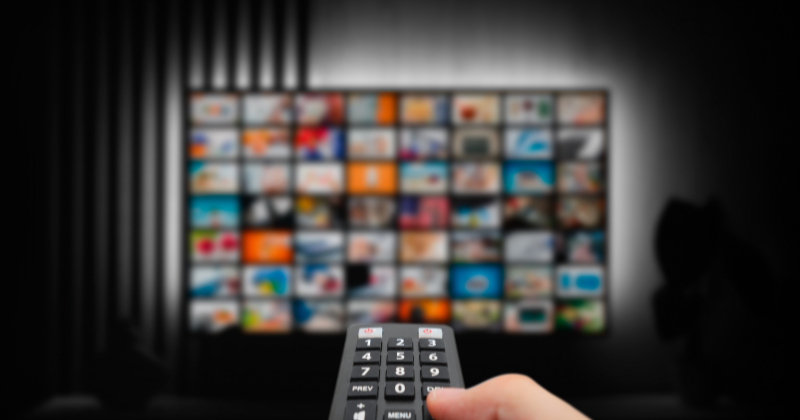
Non-sports wagering is steadily gaining ground. Odds on reality TV shows, celebrity news, and music competitions are attracting bettors from all walks of life. This growing trend reflects a shift in the betting landscape. Younger generations seek excitement in entertainment rather than traditional sports. As this trend gains momentum, bookies must adapt to capitalize on a fast-growing opportunity.
Why Non-Sports Wagering Categories Are Gaining Popularity
Placing bets on who will win a singing competition or which celebrity will make headlines may seem unconventional. However, it’s precisely this uniqueness that draws in a broader audience. While sports wagering still dominates, reality shows like The Voice and events like the Oscars are now top wagering categories for bettors looking for fresh excitement.
A key factor behind this shift is the public’s growing interest in pop culture. Many younger individuals find more thrill in celebrity drama or reality show twists than in football or basketball games. For them, these bets offer relevance and personal engagement.
Additionally, these categories appeal to casual bettors. Unlike sports betting, where success often depends on deep knowledge of teams or statistics, non-sports wagers rely on public sentiment or current events. This makes them more accessible to those unfamiliar with traditional betting.
How Younger Bettors Are Reshaping the Industry
Millennials and Gen Z are central to the rise of entertainment-based wagering. They’ve grown up in an era of streaming, memes, and viral content. Their idea of competition often revolves around personalities, influencers, or high-stakes reality drama rather than team sports.
For this demographic, wagering on events like American Idol or The Bachelor feels more natural. These events align with their everyday media consumption. More importantly, they offer an emotional investment. Viewers feel personally connected to the outcomes, which increases betting interest.
Bookmakers who recognize this shift can gain an edge. Offering odds on popular non-sports events helps attract new users who wouldn’t normally engage in sports betting. It also encourages more frequent interaction with the platform.
Adapting Your Platform to Embrace Diverse Wagering Categories
As interest in non-sports events grows, bookies must expand their offerings to meet demand. This includes odds on celebrity controversies, political debates, TV finales, and other entertainment milestones. By doing so, bookies can appeal to a wider audience while improving engagement with existing clients.
Adding these new wagering categories isn’t just trendy—it’s strategic. Platforms with varied offerings keep users interested and entertained. In return, this improves customer retention and increases bet volume. It’s also a chance for smaller operators to stand out in a crowded market.
Obviously now is the perfect time to make this shift. Social media and digital entertainment have blurred the lines between news and pop culture. People want to participate in trending moments. By offering bets on them, bookies can provide a new level of interaction that boosts user loyalty.
VIP Pay Per Head Supports Your Expansion Into Entertainment Betting
VIP Pay Per Head offers the tools needed to diversify your wagering categories and adapt to changing preferences. With real-time odds management, customizable interfaces, and intuitive analytics, VIP PPH enables bookies to deliver a unique experience across both traditional and non-sports platforms.
Moreover, their flexible system allows seamless integration of niche odds markets ideal for pop culture, awards shows, or viral events. Whether you’re expanding your offerings or attracting new bettors, VIP Pay Per Head ensures you stay ahead of the curve.
As bettors seek new forms of entertainment, bookies who diversify their wagering categories will thrive. Embracing this trend doesn’t just future-proof your business it positions you as a leader in an evolving industry.
